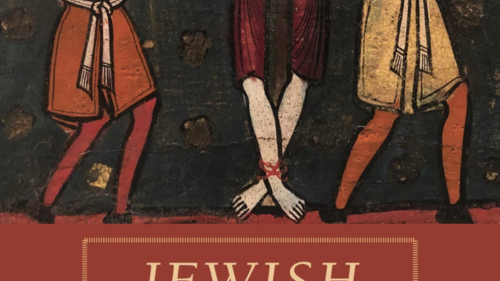Yamani, a Saudi national educated in the West, provides an unusual and valuable periscope into the ideas of self among Saudis in the age bracket 15-30. She focuses on them in part because of their very substantial numbers (being the Saudi equivalent of U.S. Baby Boomers) and in part because they face personal and social choices unknown to their parents or any of their ancestors. How they choose, Yamani argues, will largely determine the future of Saudi Arabia.
In interviews over two-year periodwith seventy young persons, roughly half male and half female, she found much apprehension - about economic circumstances, the patriarchal system, and a future seen as “threatening.” She also describes a good deal of confusion: “Change has been so swift that they still do not have the cultural terms of reference to put this new society and their role within it into perspective.” Looking ahead, Yamani finds her subjects to be pragmatists. “They share a diffuse sense of unease and dissatisfaction but seek a gradualist approach to solving the problems they have identified in Saudi society.” In addition to a sensible perspective by the author, her study turns up many compelling examples and snippets of Saudi life. (For example, here is one man explaining why he prefers women not to drive: “I would never allow my mother to drive. How can she do that with the veil?”)
Yamani does not offer a comparative perspective, but it may be fair to say that Saudi Arabia being perhaps the most un-Western society in the world, its population faces a more bifurcated set of choices than any other. In how many other countries, after all, would her observation apply that “maintaining Saudi identity is difficult when contact with the West is needed in order to advance”?



